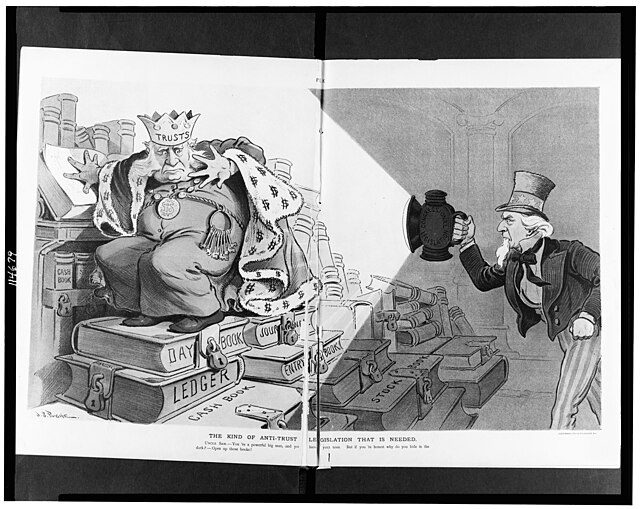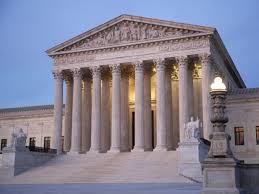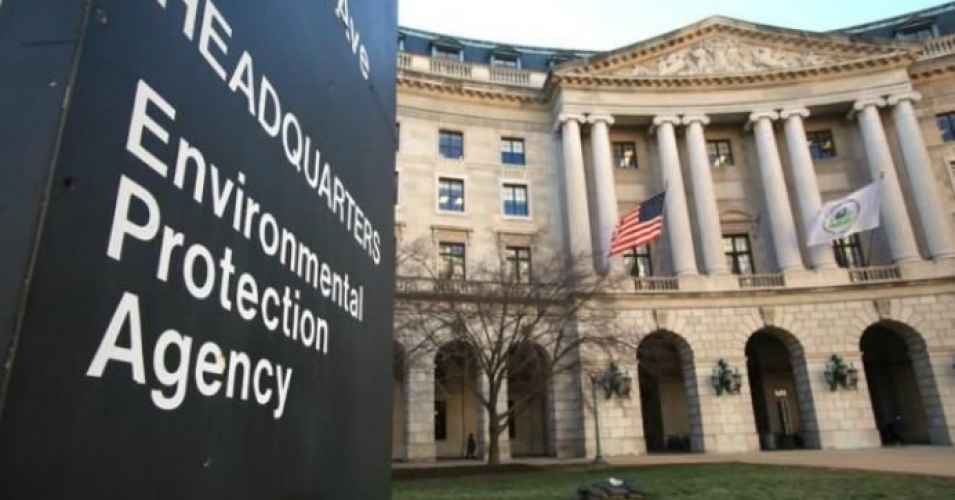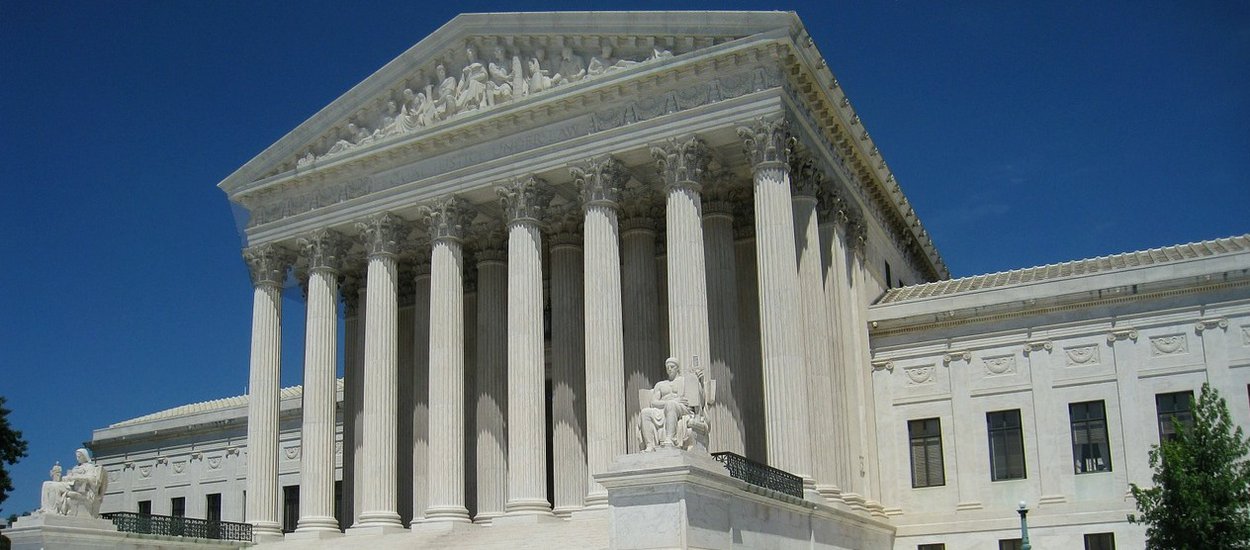West Virginia v. EPA
Is Antitrust Unconstitutional?
It violates the “Major Questions Doctrine” — which reveals the doctrine’s bankruptcy
Last week, I argued that the Unitary Executive Theory does not really exist: it is simply a way for the Supremes to impose their policy preferences, to be discarded if inconvenient. In this week’s episode, we can look at the “Major Questions Doctrine,” which purportedly holds that agencies must point to “clear congressional authorization” for …
Continue reading “Is Antitrust Unconstitutional?”
CONTINUE READINGWhy the New Climate Reg for Coal is a Perfectly Normal EPA Rule
EPA’s approach isn’t a novel innovation. It’s just EPA applying its usual approach.
The problem isn’t that EPA’s new climate regulation for power plants will crush the coal-fired generation industry. It’s that much of the industry is so economically weak it can’t survive any kind of regulation.
CONTINUE READINGEPA’s New Power Plant Rules Have Dropped. What Happens Next?
Media battles. Lawsuits. Stay requests. And political mayhem.
The release of Biden’s new climate regulations for power plants will unleash a maelstrom of legal and political battles. One key question: Will the Supreme Court short circuit the litigation process by staying the rules.
CONTINUE READINGEPA and the Student Loan Decision
Will the major questions doctrine block EPA’s proposed rules?
Biden v. Nebraska, the student loan case, provided a new opportunity for the Court to apply the major question doctrine. Does this decision increase the threat that EPA’s proposed new regulations will be struck down under this doctrine? A careful reading of the majority opinion is at least somewhat reassuring. The Court painted a picture …
Continue reading “EPA and the Student Loan Decision”
CONTINUE READINGThe Presidency Under Siege
The current Justices are no friends of presidential power.
As recent scholarship has shown, the Supreme Court has been increasingly aggressive in countering exercises of presidential power. From the environmental perspective, West Virginia v. EPA is the most relevant example of the Court’s efforts to cut the presidency down to size. True, the Court purported to be chastising EPA, part of the bureaucracy. Yet …
Continue reading “The Presidency Under Siege”
CONTINUE READINGWhose Major Questions Doctrine?
There are two versions of the doctrine. One of them is more dangerous.
When it struck down Obama’s signature climate regulation in West Virginia v. EPA, the Supreme Court formally adopted the major questions doctrine as a way to synthesize prior anti-regulatory rulings. The major questions doctrine (MQD to insiders) has gotten a lot of attention. One thing that’s been overlooked, however, is that there are two versions …
Continue reading “Whose Major Questions Doctrine?”
CONTINUE READINGDoes the New Climate Law Expand Regulatory Authority?
It’s not the game changer some people think, but IRA could help in several ways.
There’s been a lot of recent talk about whether the Inflation Reduction Act (IRA) indirectly overrides West Virginia v. EPA. The answer to that is probably “no.” However, some IRA provisions will help lawyers defend certain regulatory actions. IRA may also have an important framing effect when courts are considering the reasonableness of agency actions. …
Continue reading “Does the New Climate Law Expand Regulatory Authority?”
CONTINUE READINGWhat the Supreme Court Left Standing
No, the Court didn’t eliminate EPA’s ability to fight climate change.
The Supreme Court’s ruling in the West Virginia case left many people with the impression that it eliminated the government’s power to regulate carbon emissions. There are quite a number of areas of climate law that the Supreme Court has left untouched. Here’s the EPA authority the Court hasn’t touched: EPA’s jurisdiction over greenhouse gases. …
Continue reading “What the Supreme Court Left Standing”
CONTINUE READINGClimate Change and the Major Question Doctrine
Just because a regulation involves climate change, that doesn’t make it a major question.
Red State AGs are preparing to go to town with the West Virginia case. They seem to think that everything involving climate change automatically becomes a major question. That’s simply wrong. The doctrine is more nuanced. Recall that the Supreme Court struck down OSHA’s vaccine mandate, essentially on major questions grounds, but the majority found …
Continue reading “Climate Change and the Major Question Doctrine”
CONTINUE READINGEmerging Answers to Major Questions
We’re beginning to get a clearer understanding of the major questions doctrine.
In November, I wrote a post posing “some major questions about the major questions doctrine.” In West Virginia v. EPA, Chief Justice Roberts starts supplying some answers to those questions. In particular, he seems to be using a narrower four-factor approach to decide what constitutes a “major question.” As we all know, the West Virginia case …
Continue reading “Emerging Answers to Major Questions”
CONTINUE READING












